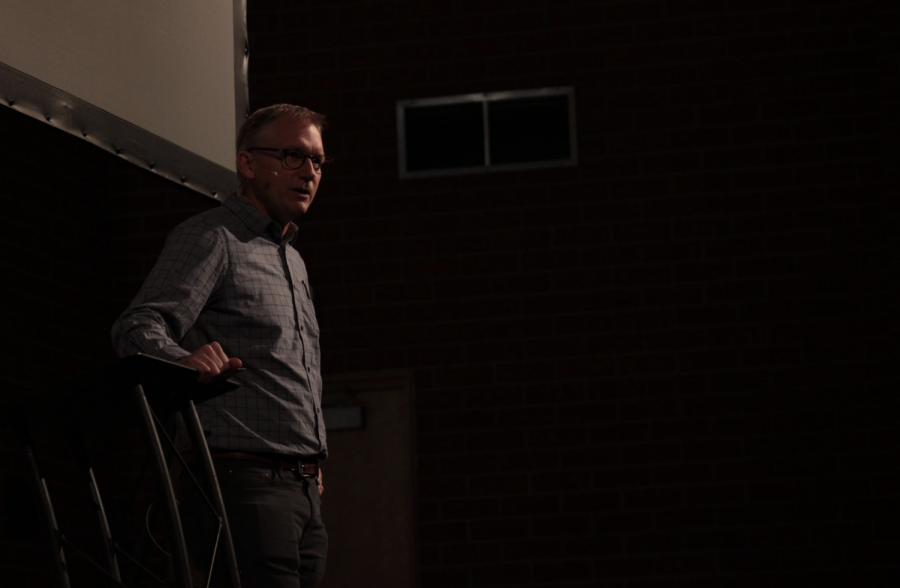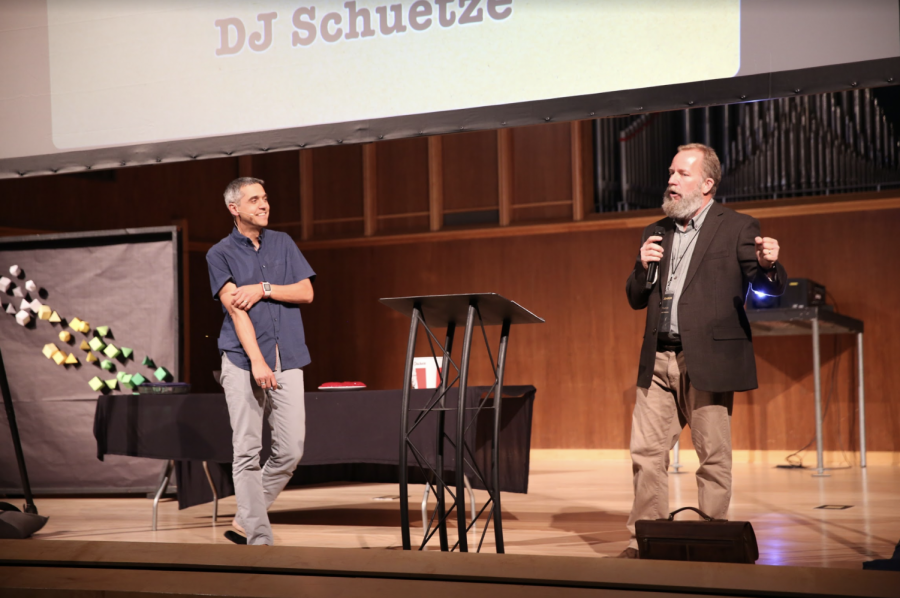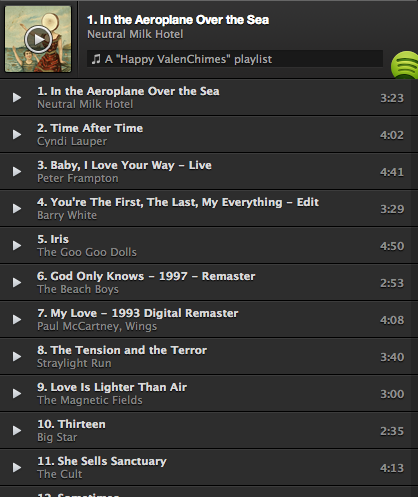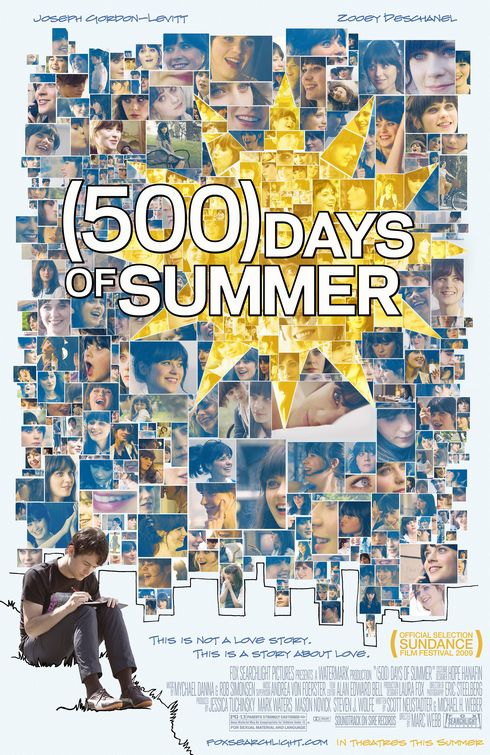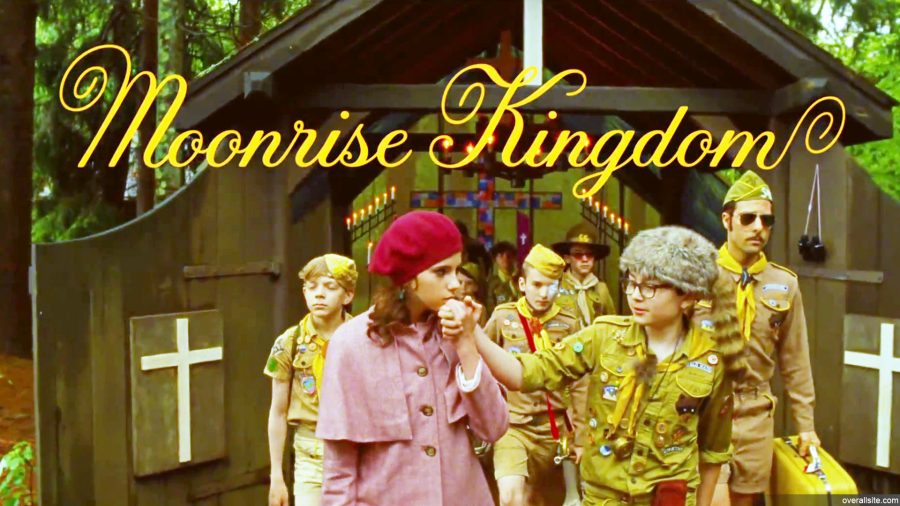Relient K, perhaps the last great contemporary Christian music band, is celebrating the 10th anniversary of their third studio album this week: “Two Lefts Don’t Make a Right … but Three Do.” The rockers, who graced Chase Gymnasium last year, also just announced a headlining tour with Hellogoodbye. They’ll be stopping by the San Diego and Anaheim Houses of Blues this July, if you missed their Biola show.
In light of their enduring career, it becomes more and more apparent that they represent the last act going from the golden age of CCM.
You’ve probably noticed, if you have significantly younger siblings, that the younger set has fallen out of love with Christian music. Most of us college-aged kids grew up during the golden age of CCM — when DC Talk’s ‘hiatus’ was actually just a hiatus, when flash-in-the-pan punk artists like Hawk Nelson and Stellar Kart were keeping up with our angst and “!Hero: The Rock Opera” was poised to be “Jesus Christ Superstar” for the iPod generation.
We all know now, none of that was going to last.
So what happened? Why does Christian popular music today, well, suck?
I mean, don’t get me wrong, TobyMac and Lecrae have made critical cultural strides, providing loud, bold, Christ-centered voices in the world of hip-hop. Gospel music is making a comeback on the heels of Israel and New Breed, Kirk Franklin and others.
Back in the 1990s, Christian music was pretty simple to get a handle on. It was music, made by Christians. And that was pretty much all that was required to have that label applied.
CCM wasn’t exclusively praise-and-worship territory. Musicians approached important, difficult topics like suicide (Newsboys’ “Elle G”), racism (DC Talks’ “Colored People”), belonging (Michael W. Smith’s “Place in this World”), even Sudden Infant Death Syndrome (Natalie Grant’s utterly haunting “Held”).
Christian music was a way for Christians to reach out through pop culture and provide their hopeful perspective on the reality of our broken world through the arts.
Then, around the turn of the millenium, gen-Xers aged up and began to participate in “big church.” A mini-revolution of the church worship music scene began, modernizing the sound of what worship music could be. Piano-based tunes like Amy Grant’s “El Shaddai” or “Awesome God” by Rich Mullins were supplanted by new, heavier, guitar-based worship music.
CCM responded to the shift and adjusted their songwriting accordingly. Third Day released its “Offerings” worship trilogy; Newsboys released “Adoration” and “Devotion.” Emerging Christian artists like MercyMe, Jeremy Camp and Fee recorded praise and worship music exclusively. They forewent their dedication to exploring relevant topics from Christian perspectives, and just made church music.
Christian music as we knew it in our youths barely exists now. Most openly Christian bands prefer to record purely praise-and-worship music. Meanwhile, artists who might be made up entirely of Christians reject the “Christian” label so that they can explore those themes outside the realm of praise-and-worship — think Mutemath, The Classic Crime, Switchfoot, mewithoutYou and so on — and participate in secular culture.
But back in the golden age of Christian music, Christian artists regularly had their cake and ate it too, participating in secular conversation while proudly calling themselves Christian artists. It began in 1992 when Amy Grant’s “Heart in Motion” was nominated for an album of the year Grammy, alongside prominent secular artists. Her single “Baby Baby” reached the top of Billboard’s Hot 100 chart. Christian music was no longer relegated to mediocrity.
For their part, Relient K’s single “Who I Am Hates Who I’ve Been” broke onto the Billboard Top 40 Pop singles chart — a secular chart — peaking at 22, indicating heavy rotation on mainstream rock stations. Both that single as well as “Mmhmm” album-mate “Be My Escape” enjoyed significant secular airplay.
Hillsong and Chris Tomlin make wonderful music — but it’s not the bold, real and relevant CCM music I grew up on.
And it’s a pity. Our younger siblings and, eventually, our kids are going to be without relatable, Christian voices on their iPods — leaving those gigabytes to be filled by the secular space.
So here’s hoping Relient K has another album or seven up their collective sleeve.





